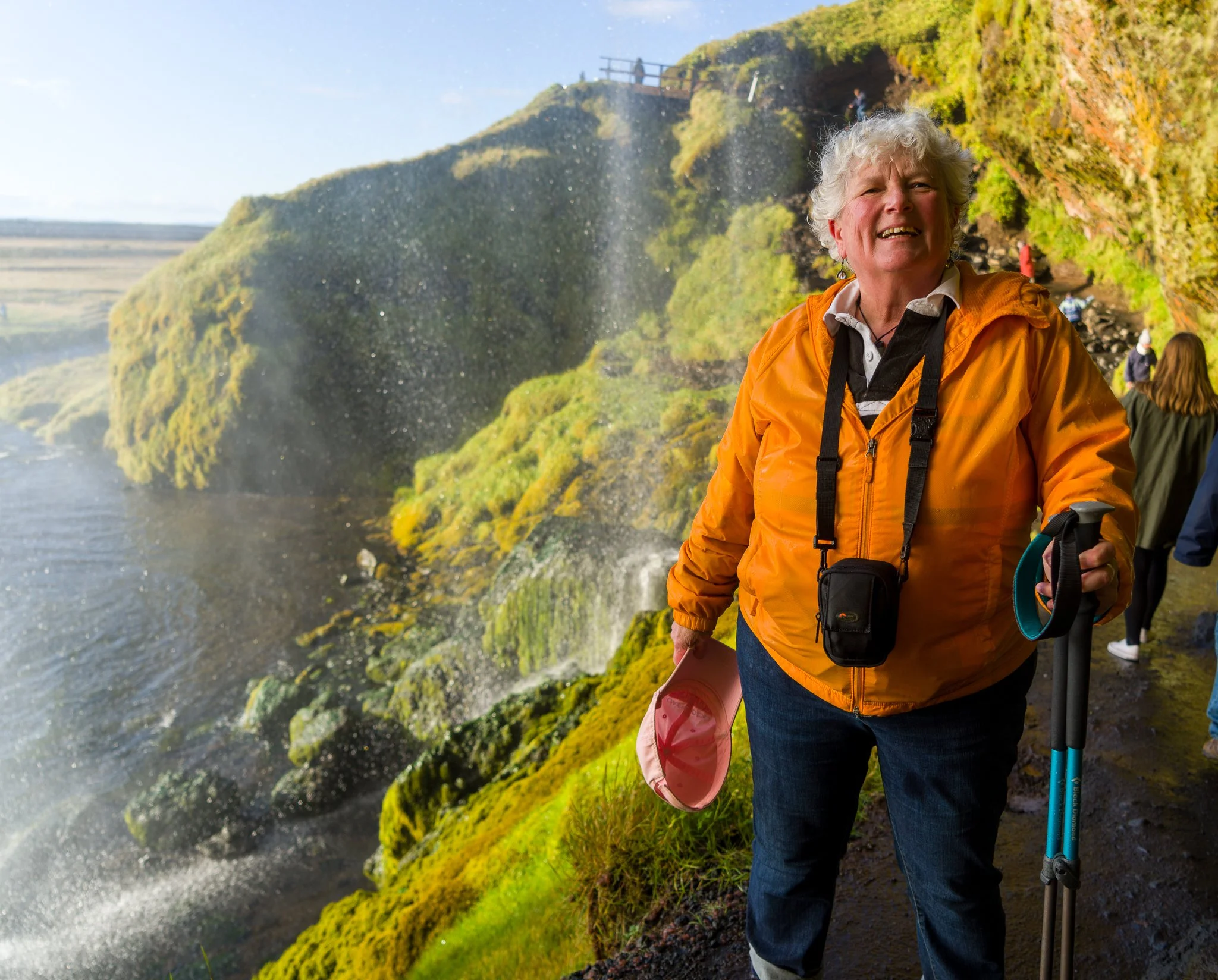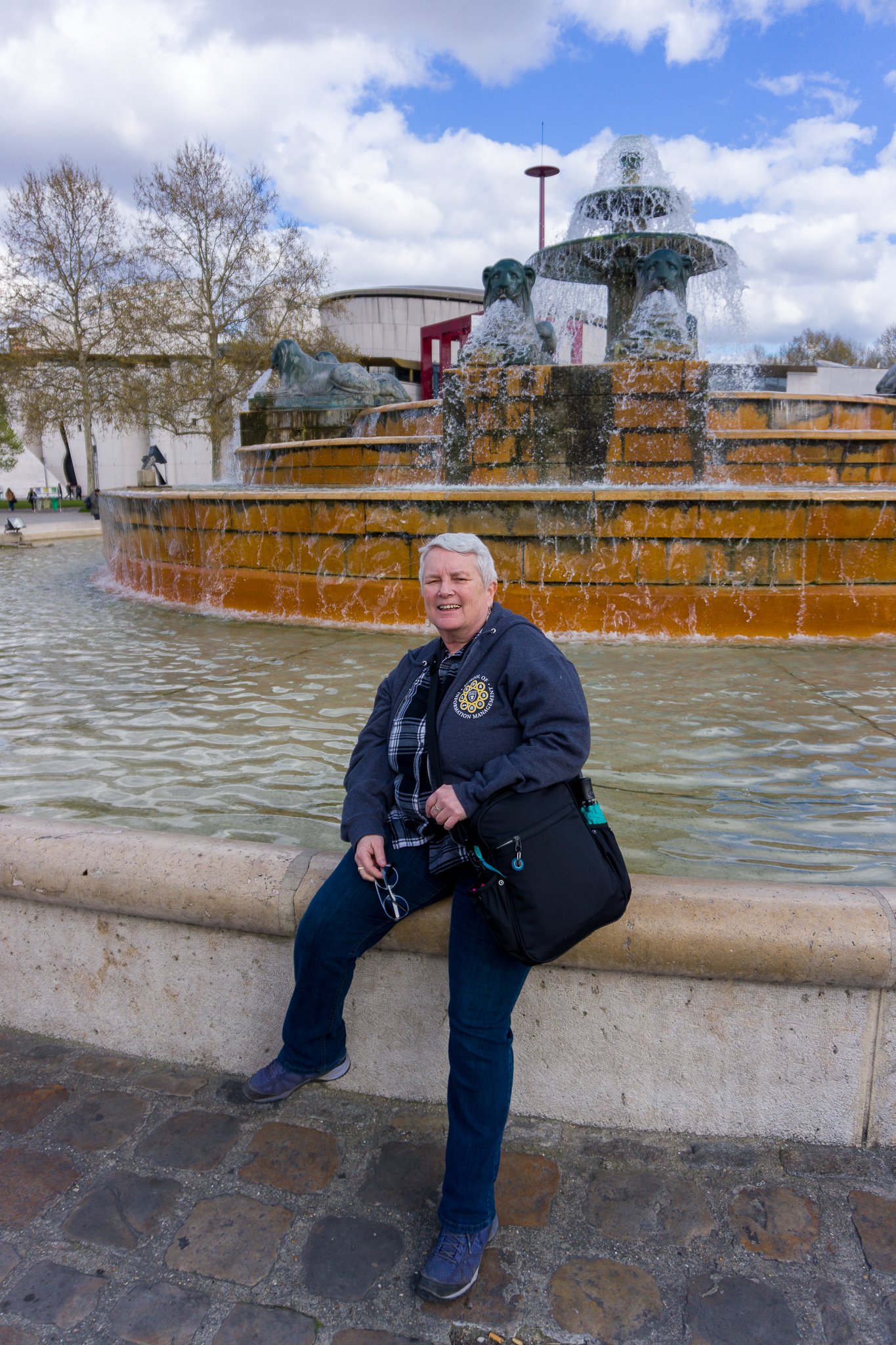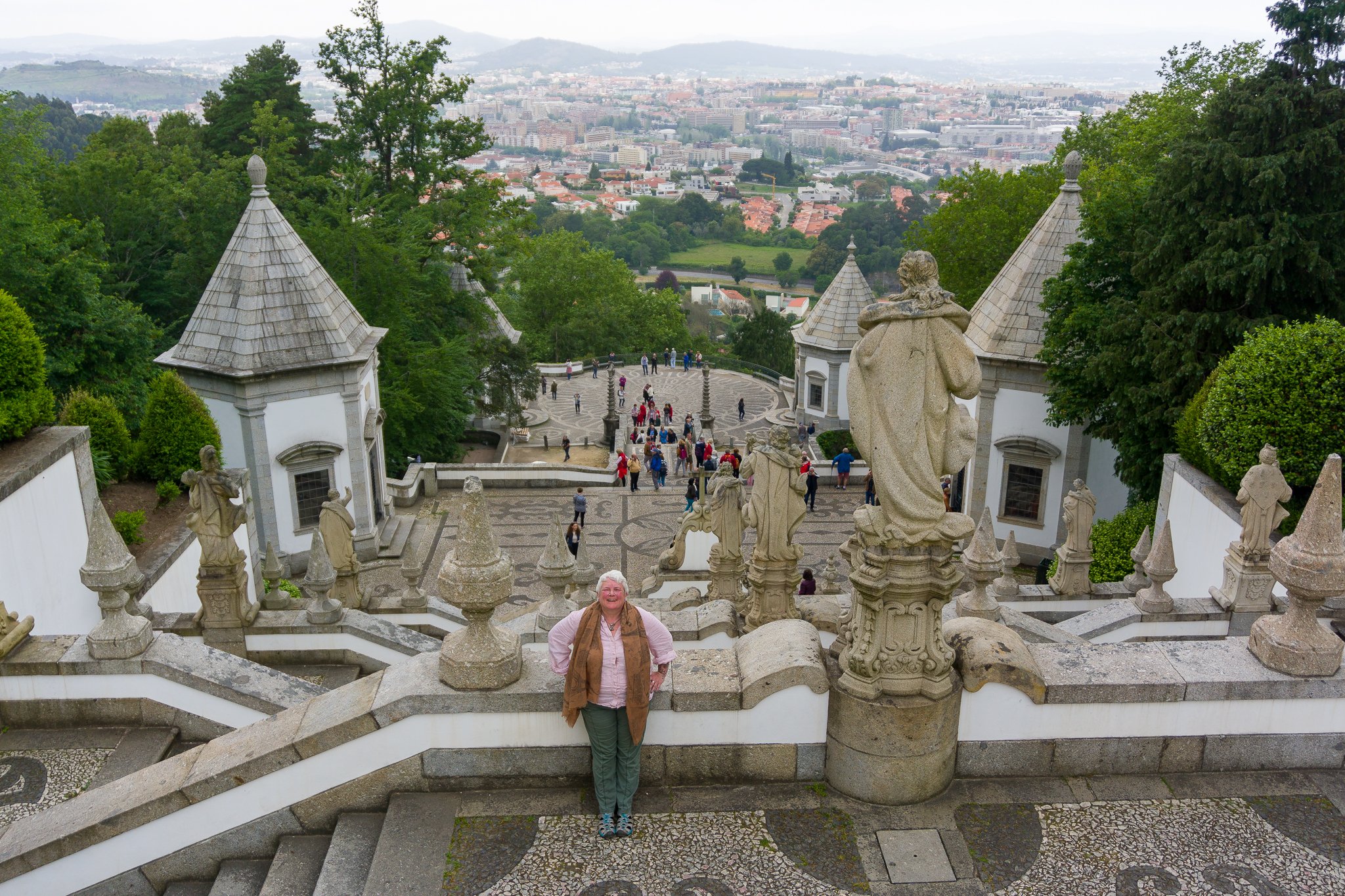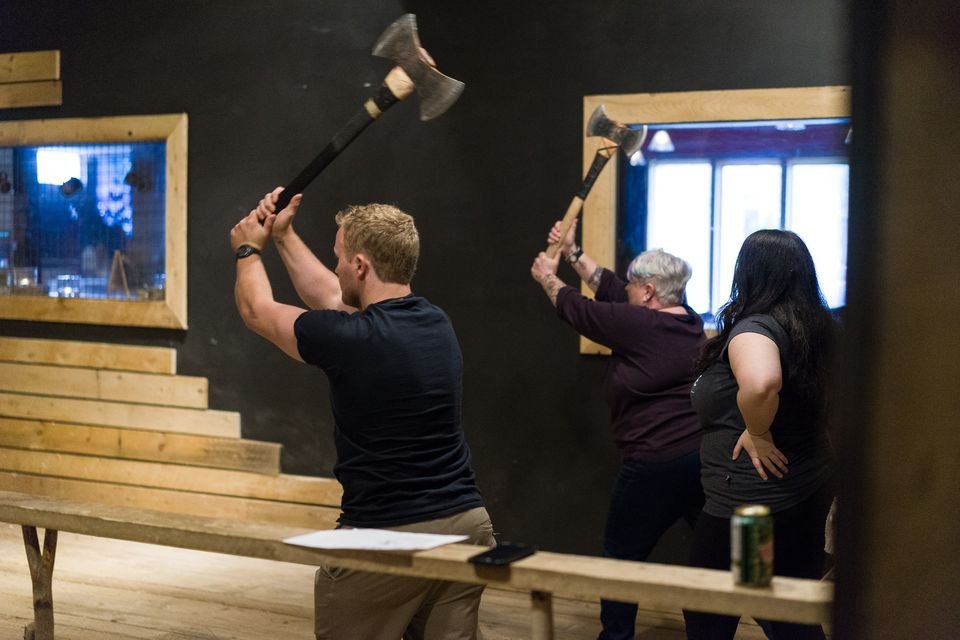For Carla Heggie, movement is life
Carla at the top of Skogafoss waterfall in Iceland.
She has had two difficult diagnoses, dozens of medical procedures, and recently suffered a traumatic shoulder injury, but none of that has stopped Carla Heggie, a full-time Instructor at the Faculty of Computer Science at Dalhousie University.
Carla believes having the right attitude is key to overcoming challenges, and says that keeping moving helps her cope with whatever life throws her way.
Early warning signs
Carla has been active her whole life, despite experiencing difficulties with movement. Even at a young age, she felt there was something wrong with one of her knees; then, when she was 13, she was thrown from a horse and suffered a knee injury. Surgery followed, and a few years later, so did a diagnosis.
“I have chronic osteoarthritis. It manifested when I was 11, but it wasn’t diagnosed until I was 17,” said Carla.
Surprising diagnosis
It was a lot to take for a young person, especially because chronic osteoarthritis is almost always diagnosed in older adults.
“When a young person is diagnosed with what’s typically considered an ‘older person’s disease,’ or any disease, it’s your reality. I don’t know any different,” Carla said. “The pain is not going away. It’s something you have to learn to live with. Accept it, and then get on with life.”
Attitude as a lifestyle
Carla was also diagnosed with severe asthma at age 15. Being able to move without pain and breathe with ease are considered unusual for Carla, but the double-whammy diagnoses never kept her from making movement a priority. “Attitude is everything. That’s my mantra,” she said.
These days, Carla’s movement might include walking a few blocks between buildings on the Dalhousie University campus or taking the stairs to get to her classroom.
Both are a win for Carla. “I push myself to do what I can, when I can.”
Carla in Salamanca, Spain.
Benefits of movement
Carla makes that effort because she has experienced the many benefits of movement.
“[Staying active] can take your mind off pain,” Carla said. The social aspect of movement is also important for Carla, who has made many friends through physical activities. “Interacting with friends and embracing the joys and wonders of the world through travel,” are high on her list of why movement is key.
She is also motivated by movement’s direct link to improved cognitive function. “Stimulation of the brain and [retained] independent living,” are big benefits of staying active, she said. “The other option leaves you unable to move at all.”
Bad accident
That became Carla’s reality in the spring of 2022, when she fell and dislocated her shoulder. It severely damaged her rotator cuff, requiring a shoulder reconstruction.
For six months, her arm was immobilized in a sling and she had to severely limit her movement.
“I couldn’t do anything but heal,” Carla said. “I couldn’t go for a walk because I couldn’t risk falling. I craved movement.”
Building back
The 2022 setback has not stopped her. Carla’s physiotherapist-led strength training sessions have greatly improved her mobility. She credits this movement as being a catalyst in her healing. She has regained full mobility of her shoulder and continues to work to strengthen it. She can now use one-pound weights at home.
Carla tries to work movement into her daily routine whenever possible, both at home and work.
Some of her favourite ways to add more movement into the day include standing during meetings. She has a convertible desk that moves up or down, so she can stand or sit. She also uses a Bosu ball, which is flat on one side and round on the other. She stands on the rounded side and leans against a desk for support. Using a Bosu helps Carla strengthen her knees and feet, fine-tune small muscles and improve her balance.
“Whatever I can do, I try to do it. Movement is such an important part of life, whether you live with chronic pain or not,” Carla said. “Movement is life.”






